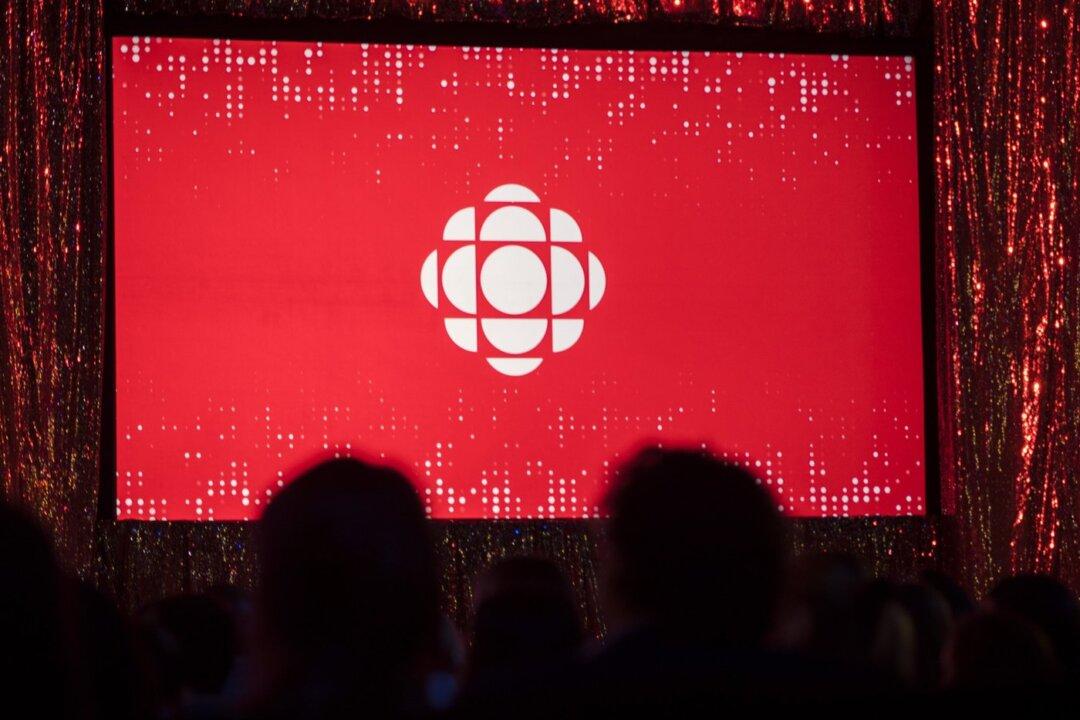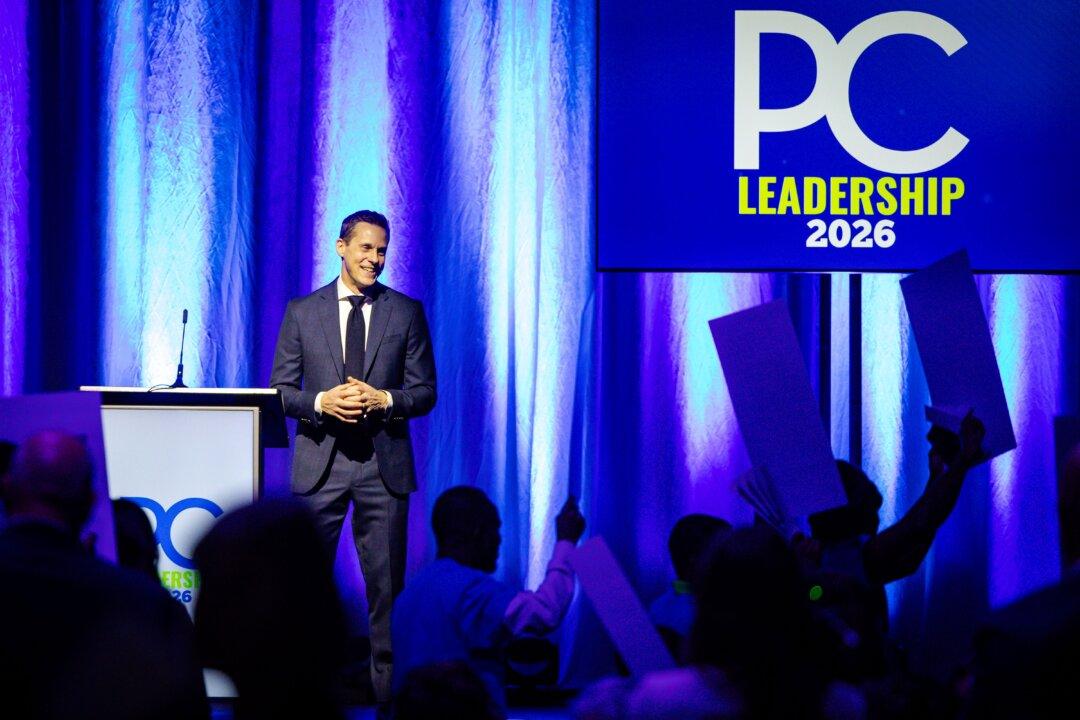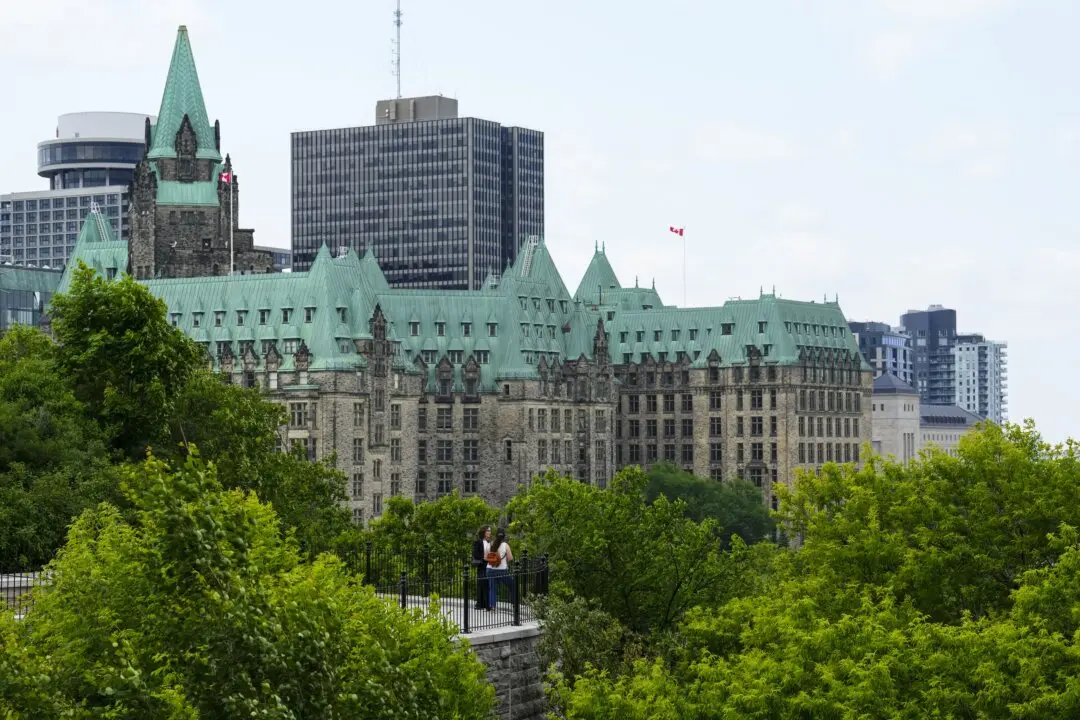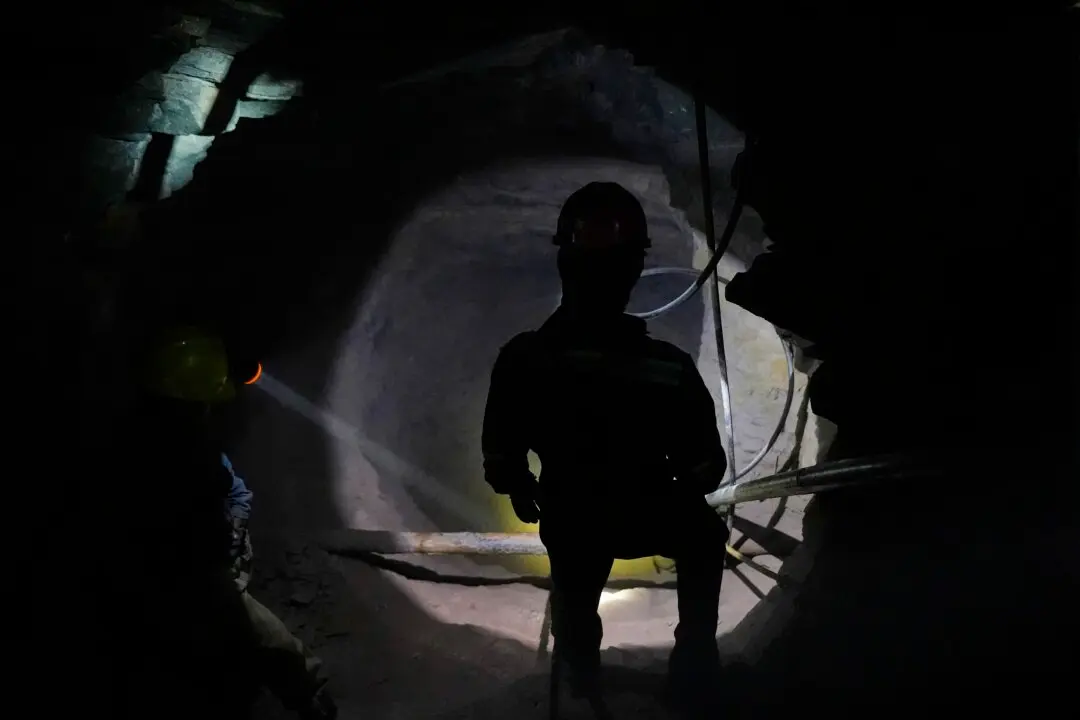The CBC’s ombudsman says he doesn’t like media-commissioned election polls, but the public broadcaster didn’t violate policy by releasing its own election poll three days before the 2023 Alberta election.
Ombudsman Jack Nagler made the comments in response to a viewer’s complaint over a May 2023 CBC article about a CBC poll showing the United Conservative Party (UCP) of Alberta in the lead. The article was published with the headline “CBC News poll suggests United Conservative Party headed for victory in Alberta.”





